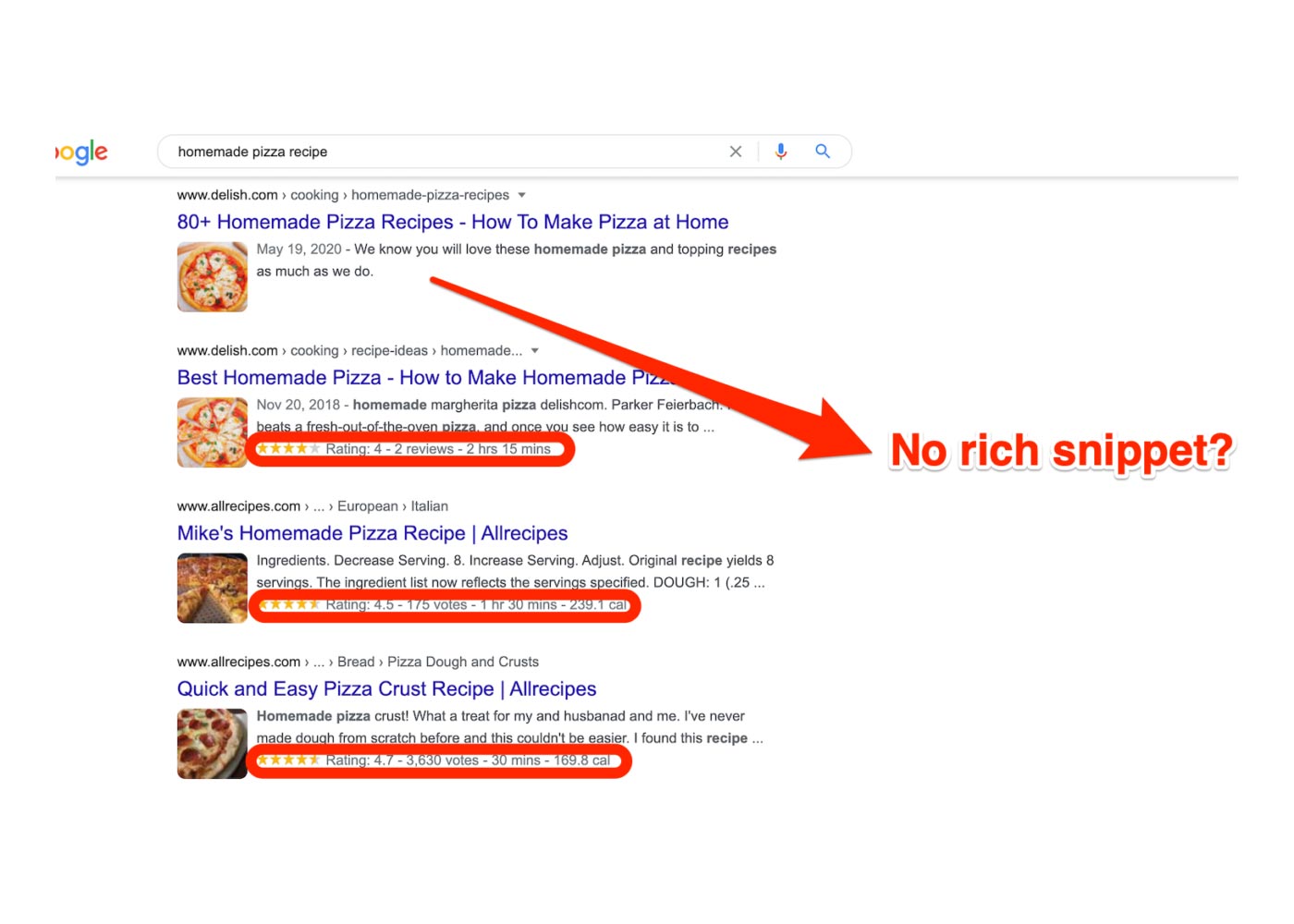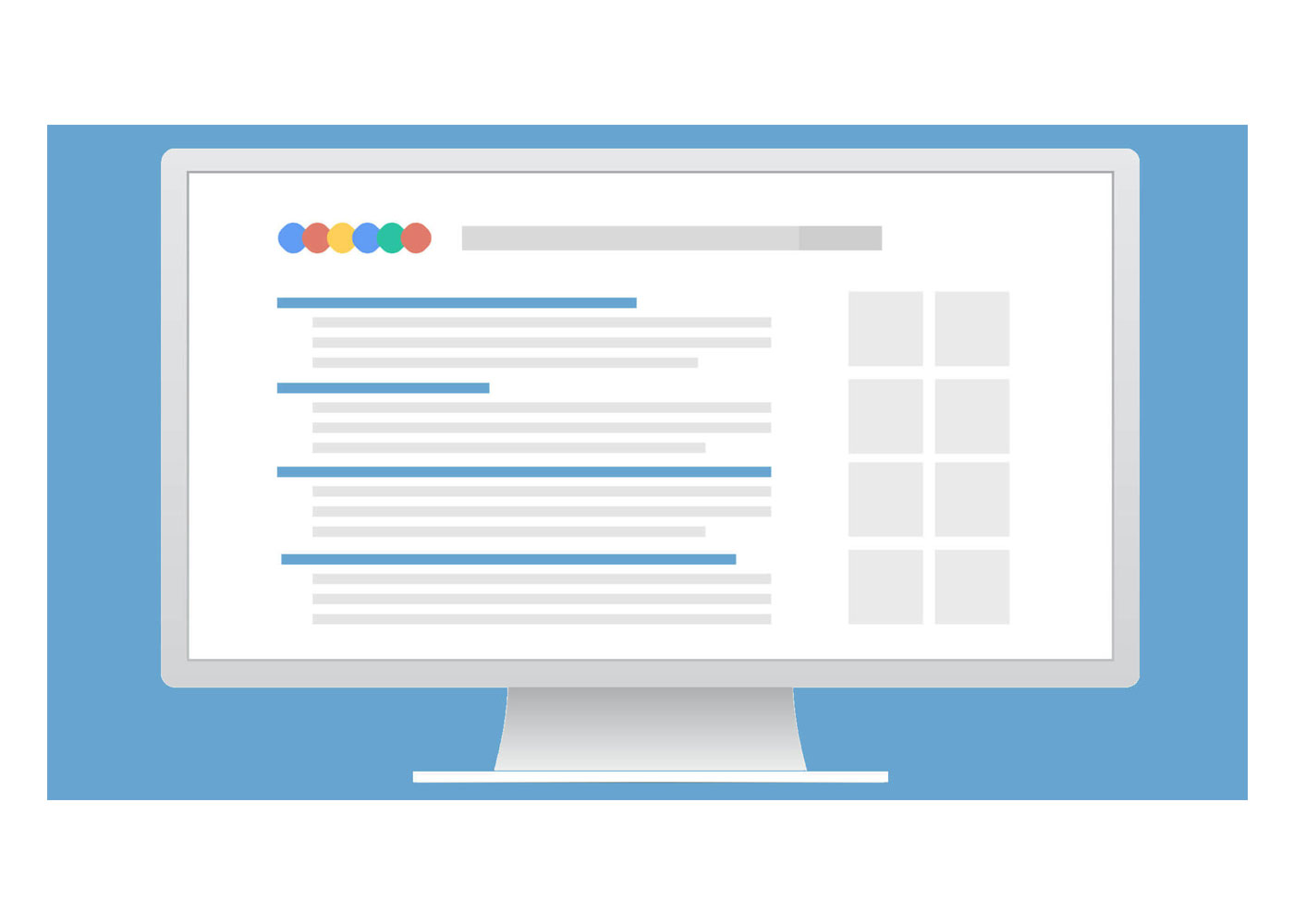H1 tags are HTML elements that help to structure and
identify a webpage. They are the most important heading element used in
webpages, as they indicate the main topic of each page. H1 tags also act as an
SEO signal for search engines, helping them understand what is contained in a
website. Optimizing H1 tags can have significant impacts on the performance of
your web page. By including focus keywords and making sure that they are
descriptive and unique, you can improve your ranking in search engine results
pages (SERPs). Additionally, strategically placing multiple H1s throughout a
page helps increase its visibility among both users and search engines. Optimizing
these tags will help improve user experience by providing more relevant
information at first glance and improving click-through rates from SERPs to
your website.
Best Practices for Writing H1 Tags
When writing H1 tags, it is important to ensure that the
focus keyword is included in the tag. This will help search engines better
understand what your page is about and improve its ranking. Additionally, as H1
tags are displayed prominently on a webpage, they should be kept short and
descriptive to make them easier for users to read. When creating an H1 tag for
a particular page, it should also be unique from other pages on your website so
that search engine crawlers can easily distinguish between them.
It's also important to consider how different keywords may
affect the performance of your web page differently than others when optimizing
H1 tags. Using more specific keywords rather than generic ones may lead to
better results as these target more relevant searches by potential visitors who
are looking for content related directly to their needs or interests. Moreover,
placing multiple H1s throughout a webpage can increase its visibility among
both users and search engines alike and help boost its overall ranking in SERPs
even further.
When crafting an effective H1 tag it™s essential not only to take into account SEO optimization but also user experience considerations such as relevance and clarity of information provided within the heading tag itself. Having concise yet informative titles with appropriate focus keywords ensures that readers quickly understand what they can expect from each section while being able to find exactly what they need without having to spend too much time searching through irrelevant content areas or getting lost within complicated navigation structures across multiple webpages.

Tips for Placement of H1 Tags
When placing H1 tags, it is important to ensure that they
are placed at the beginning of a page™s content. This allows readers to quickly
identify the main topic of the page and helps them navigate more easily through
websites with multiple pages. Additionally, only one H1 tag should be used per
page as having multiple can confuse search engine crawlers and reduce your
ranking in SERPs. It is also important to include focus keywords within each H1
tag so that search engines understand what topics are contained in each webpage
and rank it accordingly based on its relevance for certain searches.
Furthermore, make sure all other heading elements such as h2-h6 tags have relevant titles too which accurately reflect the information contained within their respective sections or subsections. Having well-structured headings throughout a website makes it easier for visitors to find specific parts or areas of interest without having to read through entire documents or pages just to locate something they need quickly. In addition, using header tags correctly will help improve your overall SEO as these will be taken into account when indexing webpages by search engines too.

Analyzing SEO Performance of H1 Tags
When analyzing the SEO performance of H1 tags, it is
important to check the overall SEO score and use a website audit tool. This can
help uncover any areas that may need improvement as well as provide insights
into what changes are necessary for improving your page™s ranking in SERPs.
Specifically, these tools can provide information such as how many times a
keyword appears within an H1 tag or other headings throughout a webpage and
what its associated relevance score is with regard to certain searches.
Additionally, they also allow you to compare your website™s current performance
against competitors so that you can identify potential weaknesses and adjust
accordingly.
Another key factor when optimizing H1 tags for SEO is making
sure they are descriptive yet concise enough for users to quickly understand
what each page contains at first glance. For example, if there are multiple
pages on similar topics then it might be beneficial to include unique keywords
within each one's respective heading tag which helps differentiate them from
one another while ensuring relevant search engine results too. Moreover, adding
internal links between related webpages using targeted keywords within their
headings also allows visitors to easily navigate through content without having
to go back and forth from main menus or searching manually.
Finally, when attempting to improve the SEO performance of an H1 tag, consideration must also be taken when writing meta descriptions too. As this text will appear directly underneath the title in SERPs it should accurately reflect the contents of a page while enticing readers towards clicking through and visiting said site instead of simply moving onto something else listed right beneath it in search results.

Tips for Optimizing H1 Tags
One way of optimizing H1 tags for SEO is by playing around
with focus keywords. By including relevant words and phrases that accurately
describe the content on your page, you can help draw in more visitors who are
interested in what you have to offer. Additionally, adding modifiers such as
adjectives or adverbs to these keywords can further emphasize their importance
and make them stand out even more in search engine results pages (SERPs). For
example, instead of using a generic term like œcoffee it might be better to
use something like œrich and flavorful coffee."
Another tip for optimizing H1 tags is to strategically
add synonyms to the words used within them. This increases the relevance
score associated with certain searches while also helping avoid any potential
keyword-stuffing penalties from search engines. Furthermore, this approach
allows multiple related terms to fit into one heading tag without making it too
long or confusing for readers at first glance when skimming through SERPs.
Finally, another key factor when optimizing H1 tags is
making sure they are unique across all webpages on your website. Duplicate
titles will not only create confusion among both users and search engines alike
but also lower its ranking due to keyword cannibalization which occurs when two
competing pages contain similar content with identical headings containing
focus keywords. In order to maximize visibility across various SERPs it™s
important that each page has a unique title which accurately reflects its
contents so that people looking for specific information know exactly where
they should go upon entering a query into Google
Conclusion
Optimizing H1 tags for web page performance can have
numerous benefits for both users and search engine rankings alike. By creating
concise yet informative titles with appropriate focus keywords, readers will be
able to quickly understand what they can expect from each section while being
able to find exactly what they need without having to spend too much time
searching through irrelevant content areas or getting lost within complicated
navigation structures across multiple webpages. Moreover, by adding internal
links between related pages using targeted keywords within their headings it
allows visitors to easily navigate through content without having to go back
and forth from main menus or manually searching for them. Additionally, making
sure all other heading elements such as h2-h6 tags have relevant titles too
also helps improve the overall SEO of a website as these will be taken into
account when indexing webpages by search engines as well. Finally, there are
several tips which should be followed in order to maximize the effectiveness of
an H1 tag such as playing around with focus keywords, adding synonyms and
modifiers where appropriate, and ensuring that all titles are unique so that
they stand out among competing websites in SERPs.
If you wish to contribute to our blog, please email us on morhadotsan@gmail.com.





















